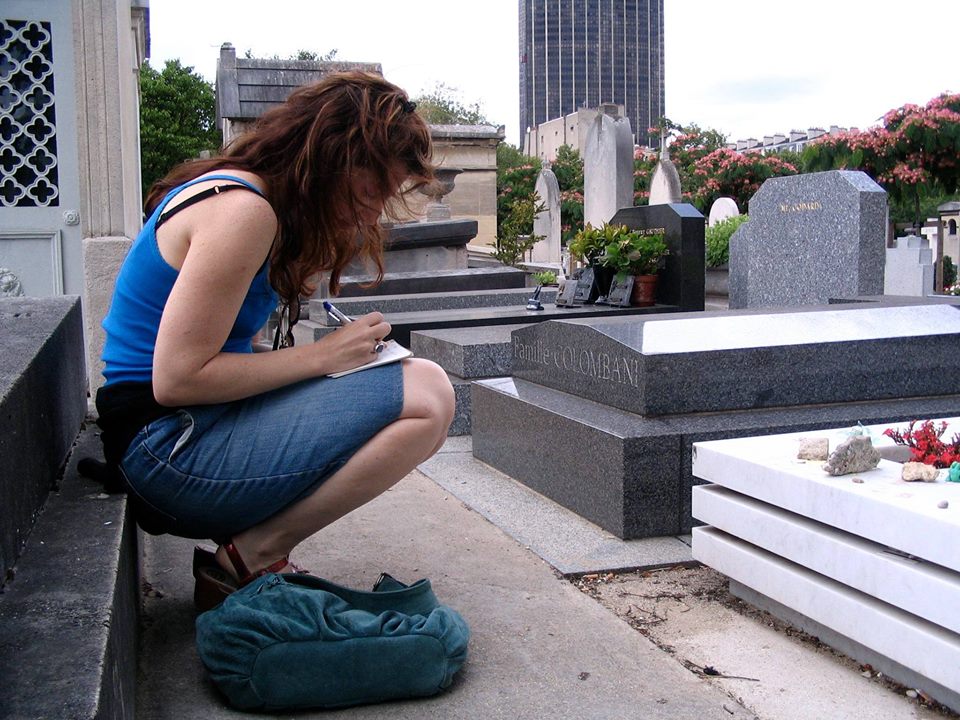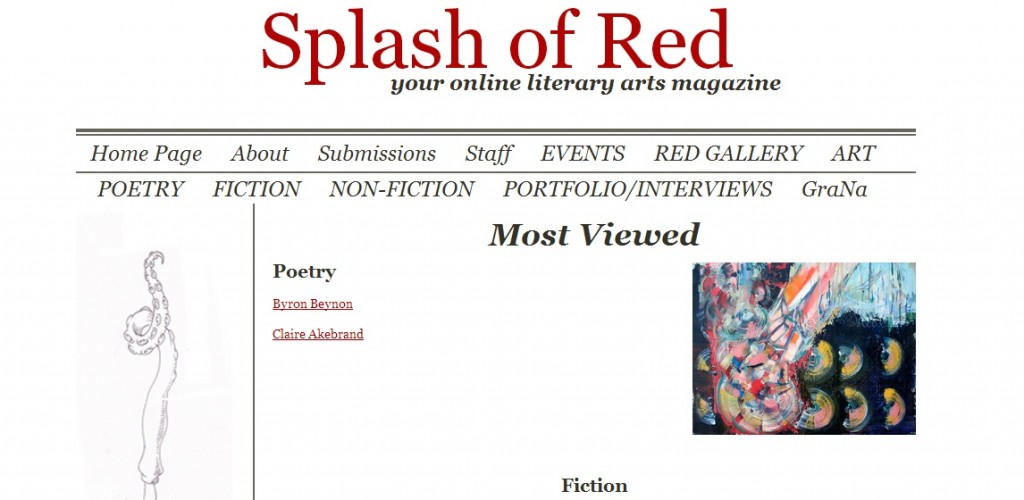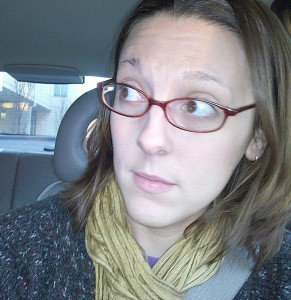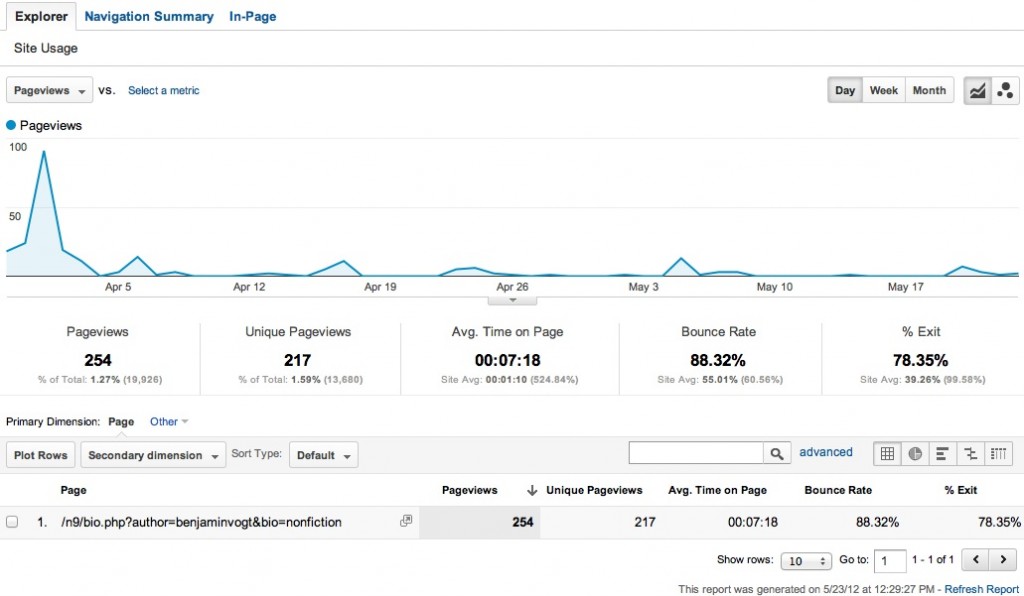
Just drop off the key, Lee
And get yourself free
– Paul Simon
We begin romantic relationships with the best of hopes. We believe in forever, or at least, we thrive on the thrill of not knowing how or how long a relationship will endure. How happy or miserable can we possibly be? At what point does the façade wear off so that we start leaving our dirty socks in the bathroom floor, stop pretending we don’t eat Twinkies at 1:00am? And how, in a flurry of rage or discovery, or in a moment of can’t-take-the-standstill-anymore, will it end, once and for all? When will we change our Facebook status to “single” or “it’s complicated”? And how will it feel when people tell us, “I’m so sorry you and so-and-so broke up”?
A writing mentorship is a kind of love story, a kind of celebrity crush come true. As an undergrad, I was told that the MFA was an apprenticeship, and that I should choose a program with poets whose work I loved. I did. I picked a poet whose books wormed their way into my soul and left me dying to know how he could help me—me, the underprepared unlikely MFA candidate, who had just switched from pre-med to English 18 months before that moment, who hadn’t read or written nearly enough—learn to write great poems.
The first morning of my first residency, I met him. He walked into the room, tall and grey and good looking, but with an air of assholery that didn’t sit well with me. He was still wearing sunglasses, and his hair seemed to have been styled via a handful of gel and a few quick trips around the block in a convertible. He was in shorts and sandals. And when he opened his mouth, he spoke loudly in a thick New York accent. He seemed to know everything, and to want to be sure we recognized it.
This wasn’t going to work, Heather the farm girl, who drove a pickup truck with no cruise control, who still had red mud on the tires, and the hotshot New York poet. In our first conference, he asked what poetry I’d read. My answer sent him on a tirade about getting serious, about being in over my head, about how far behind my classmates I was. I hated him, and I thought about quitting the program. I went back to my room and packed everything up—everything except his books, which I’d left on my nightstand, hoping to have him sign.
I picked up my favorite in the stack and opened it. All over again, I fell in love with it, and I did what any girl does when she likes a boy who seems out of her league—I resolved to make him like me back.
That semester, I took masochism to new heights, cranking out sestinas and sonnets, reading twice the recommended number of books, doing annotations on all of them, listening to and desperately trying to implement my mentor’s suggestions for my poems. His passion for poetry was wonderfully contagious, and we turned out to love many of the same poets. Sometimes, he’d call what I’d written “bullshit,” but only when it was totally true, and I came to crave that no-nonsense attitude. When the praise came, I knew he meant it, and during the time we worked together, I lived for it.
Three years later, after my thesis defense, I went back to my motel room and cried like a brokenhearted seventh grader. The defense went brilliantly. I passed with flying colors. My committee members were pleased. But my time with my beloved mentor was officially over.
He had become a surrogate poetry father to me. Even though I knew all along the end was coming, when it came, it hurt. Because when a mentorship is at its best, you give yourself over to it; you become a willing horse to the shadow of your teacher’s whip. You let yourself forget where it’s going.
When it ends, it ends on good terms, and you find yourself in foreign territory. You see him again someday, with other students, and you want to punch their noses in. You can’t write a damn thing post thesis, and this is totally normal, but you don’t know that yet. You want to talk to him again, but you’re afraid to be a nuisance. You send heavily edited emails at carefully spaced intervals so as not to appear like a stalker.
You are grieving everything—the end of the routine, the end of the feedback, the end of his constant motivation. Your toes are curled over the rim of a canyon and you are shouting his name across a vast chasm and your whole life is the echo it makes.
Eventually, you realize he misses you, too. Eventually, you reach a frequency of communication you can live with. He hasn’t vanished into the abstract. He is still a source of encouragement.
Keep writing, he tells you, every time you speak. So you do. Finish that book, he tells you. So you do. Keep me posted, he says. So you do. And that urge to please a beloved mentor—that desperate need for his atta girl—it never goes away. You never stop hearing his voice in your head when you revise. You never throw away the drafts with his notes on them.
Yes, there will be times when you will not be able to write, no matter what. There will be times when you’ll think of quitting. There will be times when you will drink a caramel vodka milkshake at 10:00am on a Thursday (yes, it happened).
But here’s the thing—you’ll let the misery have its moment, but then you’ll do what you learned to do years ago, the first time you felt that way. You’ll go to the shelf, and you’ll pull down his books, and they’ll remind you why you never left. And you will take those poems into your body like a cure.
 Wednesday, July 13th, at 6 pm to 8 pm, poet Susan Briante will be reading some of her poems from The Market Wonders at Co+Hoots. The Market Wonders, inspired by the Dow Jones Industrial Average, encompasses more than stock fluctuations and financial markets; the poems call upon others topics such as theoretical physics and the function of art. This event is hosted by The University of Arizona Poetry Center and the Walt Whitman Circle. It is free and open to the public.
Wednesday, July 13th, at 6 pm to 8 pm, poet Susan Briante will be reading some of her poems from The Market Wonders at Co+Hoots. The Market Wonders, inspired by the Dow Jones Industrial Average, encompasses more than stock fluctuations and financial markets; the poems call upon others topics such as theoretical physics and the function of art. This event is hosted by The University of Arizona Poetry Center and the Walt Whitman Circle. It is free and open to the public.








